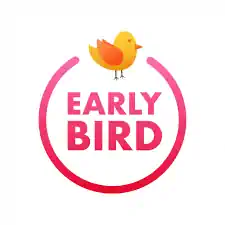– It is a phrase or a sentence which is hard to speak fast because of alliteration or a sequence of nearly similar sounds is the tongue twister.
– It is worth noting that there is usually the use of mnemonic feature (sound devices or sound patterns) in the tongue twisters.
Examples of Tongue Twisters
1. She sells sea shells on the sea shore
2. Any noise annoys an oyster but noisy noise annoys an oyster more.
3. Kindly kittens knitting mittens keep kazooing in the king’s kitchen.
Sound Patterns in Tongue Twisters
Alliteration
Alliteration is the repetition of the initial consonant sound in the nearby words
Consider:
She saw a fish on the seashore and I am sure the fish she saw on the sea shore was a saw-fish.
In the words: she, shore and sure, there is the repetition of the consonant sound / ∫ / at the beginning of the words
Consonance
– It is the repetition of the inner consonant sound in the nearby words. An inner sound is that which comes after the first.
Consider:
A skunk sat on a stump and thank the stump stunk, but the stump thank the skunk stunk
Repetition
– Some words are repeatedly more than worse
Consider:
The sixth sick Sheik’s sixth sheep’s sick.
Assonance
Assonance is the repetition of vowel sounds in the nearby words.
Consider:
How much wood could a wood chopper chop, if a wood chopper could chop wood?
There is repetition of the /u:/ in the words, wood, could.
Get More Notes on Oral Literature Here
- Tongue Twisters
- Proverbs-Introduction To Proverbs
- Oral Poetry and Songs-English Notes Highschool
- Oral Narratives Notes-Secondary School English Notes
- Puns / Word Play- English
Features of Tongue Twisters
– A tongue twister will have the following features:
- It is short and brief.
- It is alliterative
Functions of Tongue Twisters
- They entertain. When one confuses the pronunciation of sounds, the audience will laugh
- They teach pronunciation. We can, for example, learn the pronunciation of the sounds /f/ and /v/, /s/ and / ∫ / etc
- Enhance creativity
